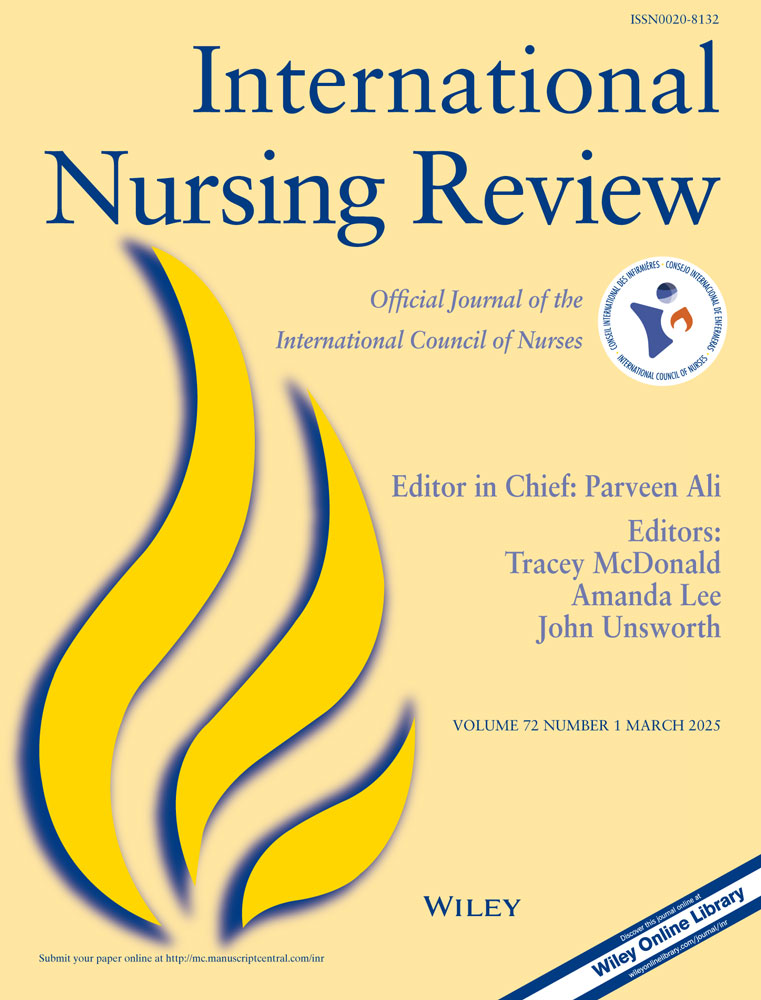Influence of nurses’ narrative competence on communication ability with angry patients: The mediating effect of reflection
Abstract
Aim
To examine if reflection mediates the relationship between narrative competence and nurses’ communication ability with angry patients.
Background
Workplace violence is a significant hazard in clinical settings and leads to deleterious effects on health workers. Anger is a key contributing factor to aggressive behavior, and effectively managing patients’ anger can help mitigate the risk of workplace violence. Narrative competence and reflection are important factors that enhance communication ability. Therefore, this study aims to explore the mediating role of reflection in the influence of narrative competence on nurses’ ability to communicate with angry patients.
Methods
Data were collected in China, where 647 nurses completed assessments on narrative competence, reflection, and communication ability with angry patients. Structural equation modeling was used to test the study's hypothesis.
Results
The relationship between narrative ability and communication with angry patients is mediated by reflection, and it is statistically significant at the alpha = 0.05 level.
Conclusions
Nurses’ narrative ability has a crucial influence on their communication ability when interacting with angry patients, whereby narrative competence directly affects reflection and indirectly influences communication ability. This study offers a new narrative perspective to reduce nurse–patient conflicts and alleviate hospital violence.
Implications for nursing and nursing policy
By integrating narrative techniques into healthcare education, nursing managers can prioritize the development of nurses’ narrative competence and reflective abilities. This will not only improve the nurse–patient relationship and reduce conflicts but will also foster a positive healthcare environment, contributing to the overall development of the healthcare industry and the enhancement of human health.
CONFLICT OF INTEREST STATEMENT
No conflict of interest has been declared by the authors.




